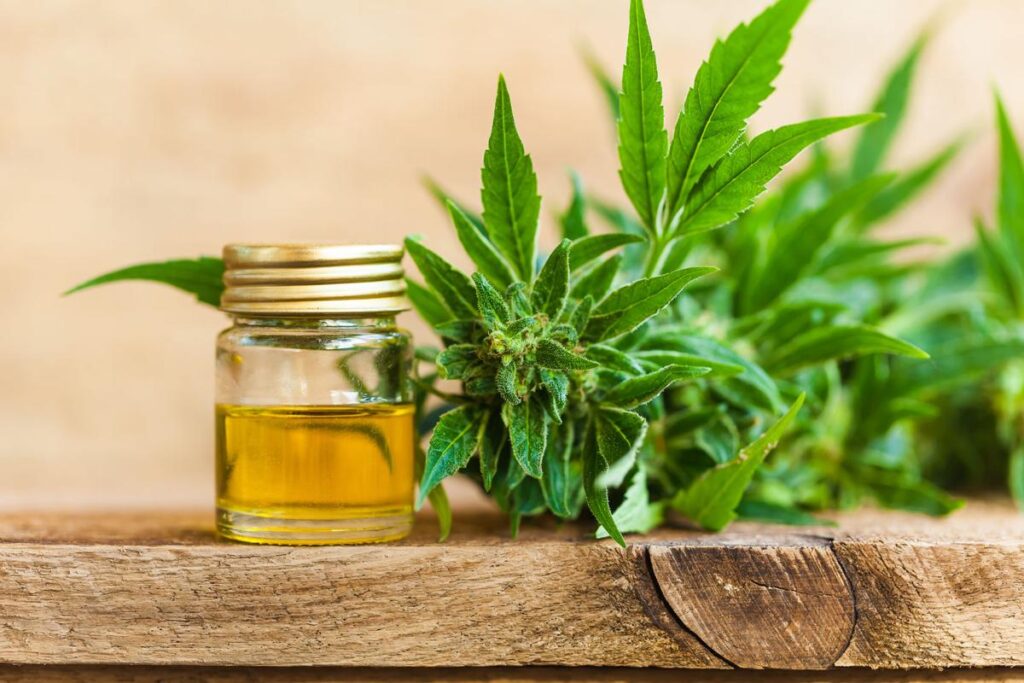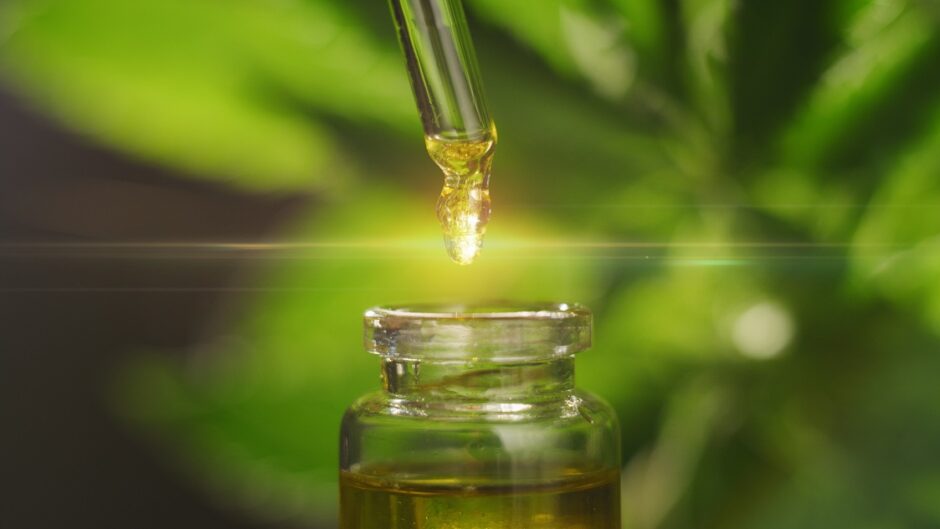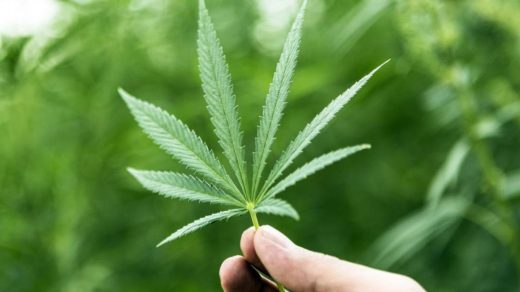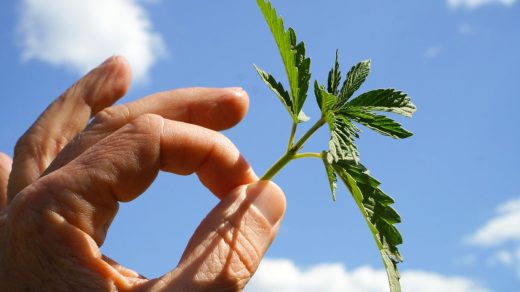Depression affects millions of people worldwide, impacting their quality of life and mental well-being. While traditional treatments like therapy and medication are effective for many, some individuals seek alternative remedies such as CBD. In this guide, we explore how CBD can potentially alleviate symptoms of depression and enhance overall mental wellness.
Understanding Depression

Depression encompasses more than transient feelings of sadness or melancholy; it’s a multifaceted mental health disorder marked by enduring emotions of despair, hopelessness, and disinterest in once-enjoyed activities. Its impact extends across various spheres of life, influencing relationships, professional endeavors, and physical well-being. While the precise etiology of depression remains elusive, a combination of genetic predisposition, neurochemical imbalances, and environmental stressors is believed to play a role in its onset and progression. Understanding these contributing factors is crucial for devising effective treatment strategies and providing support to individuals navigating the complexities of depression.
Also Read: CBD and Prenatal Wellness: A Holistic Approach to Pregnancy Care
CBD For Depression
CBD, derived from the cannabis plant, is a natural compound distinct from THC (tetrahydrocannabinol), known for its non-psychoactive properties, devoid of the euphoric effects associated with cannabis consumption. Rather than inducing a “high,” CBD interacts with the body’s endocannabinoid system (ECS), a vital regulatory network governing mood, stress responses, and emotional equilibrium. By modulating ECS activity, CBD holds promise as a therapeutic agent for addressing various mental health concerns, offering a potential avenue for managing symptoms of depression and promoting overall emotional well-being.
Research on CBD and Depression
Though still nascent, research into CBD’s impact on depression shows promising findings. A 2014 review in CNS & Neurological Disorders Drug Targets highlighted CBD’s antidepressant-like effects observed in animal models of depression. Similarly, a 2018 study in Molecular Neurobiology proposed that CBD might modulate serotonin levels in the brain, a neurotransmitter pivotal in mood regulation. While these findings provide valuable insights, researchers should conduct further clinical trials to confirm the efficacy of CBD in alleviating depression symptoms. Despite the evolving landscape of CBD research, its potential as a therapeutic option for depression underscores the need for continued investigation into its mechanisms of action and optimal dosing regimens to enhance mental health outcomes.
Choosing the Best CBD Products for Depression
When contemplating CBD for depression, prioritizing reputable brands and high-quality products is crucial. Opt for CBD oils, capsules, or edibles derived from organic hemp and subject to third-party testing to ensure potency and purity. Begin with a conservative dosage and incrementally adjust based on individual response, monitoring any changes in symptoms or side effects closely. Additionally, consider consulting with a healthcare professional to discuss CBD as a complementary therapy for depression management. As the CBD market continues to expand, exercising diligence in product selection and dosage titration is paramount to optimize therapeutic benefits while minimizing potential risks.
Incorporating CBD into Your Depression Management Plan
While CBD potentially complements mental health, integrating it with other evidence-based interventions like therapy and medication is ideal. Consulting with a healthcare professional is crucial before embarking on any new treatment regimen, including CBD, particularly if currently prescribed medication for depression or other mental health disorders.
Your healthcare provider can offer valuable insights and guidance tailored to your individual needs, ensuring safe and effective use of CBD in conjunction with existing therapies. Moreover, they can help monitor your progress, assess any potential interactions with medications, and make necessary adjustments to optimize treatment outcomes.
Keep in mind that addressing depression often requires a comprehensive approach, and you should view CBD as one component within a broader treatment plan aimed at promoting holistic well-being. By fostering open communication with your healthcare provider and actively involving them in your decision-making process, you can navigate the integration of CBD into your depression management strategy with confidence and efficacy.
Conclusion
While CBD is not a cure-all for depression, it may offer relief for some individuals struggling with symptoms of this challenging condition. By understanding how CBD interacts with the body and incorporating it into a comprehensive depression management plan, individuals can take proactive steps toward improving their mental health and well-being. Always consult with a healthcare professional before starting CBD or making any changes to your treatment plan.




